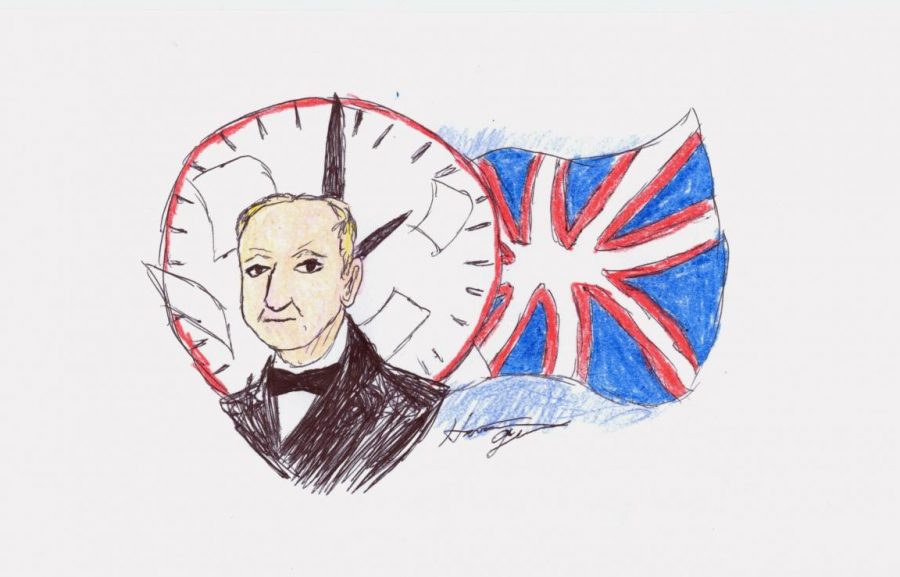“Darkest Hour” wins a cinematic victory
Set in Britain during World War II, Joe Wright’s new film Darkest Hour follows Winston Churchill (Gary Oldman) through the tumultuous early days of his first term as Prime Minister. Churchill would later go on to help lead the Allied coalition to victory, win a Nobel Peace Prize, and become one of the world’s most respected and admired political and historical figures. The excellent filmmaking combines with Oldman’s masterful portrayal to communicate Churchill’s struggles and triumphs as he navigates the complex minefield of wartime British politics.
January 12, 2018
In May of 1940, moderate Conservative party member of Parliament Winston Churchill took over as Prime Minister of the United Kingdom from the disgraced Neville Chamberlain, a former advocate of appeasement with Nazi Germany, after Chamberlain repeatedly proved himself ineffective in wartime leadership. Widely disliked in influential political circles, especially within his own party, Churchill received the appointment from King George VI largely because there existed key groups of his supporters within all of the major parties that would form Churchill’s grand wartime coalition. In order to win the Second World War, Britain needed a united front, and Churchill, despite such notorious faults as a failed past military campaign and a number of unpopular financial policies, stood out as the only candidate who could satisfy a sufficient segment of all parties.
The new film Darkest Hour follows actor Gary Oldman, perhaps best known to younger audiences as Sirius Black in the Harry Potter films, in the role of Churchill as he navigates the challenges and intrigue of the early days of his premiership. Oldman’s already-Golden-Globe-winning performance undoubtedly carries the film, and his acting effectively conveys Churchill’s frequently humorous quirks and foibles, as well as the oratorical abilities and steely determination that made him an icon of recent history. Ben Mendelsohn also gives a fair performance as an awkward, confrontational King George VI, and while neither constitutes much of a standout, Kristin Scott Thomas as Churchill’s wife Clementine and Lily James as real-life secretary and audience stand-in Elizabeth Layton also contribute significantly to the narrative. Stephen Dillane’s delightfully scheming Lord Halifax plays an instrumental role, and Ronald Pickup likewise steals his scenes as the politically and physically deteriorating Chamberlain.
Director Joe Wright comes to the project with an uneven record, having directed both such critical successes as 2005’s Pride & Prejudice and such flops as 2015’s Pan. With Darkest Hour, however, he scores an unmitigated triumph, and his frequently unorthodox direction helps to make the film memorable. Large, scrolling text, extensive tracking shots, and shockingly beautiful pans complement the performances, along with Anthony McCarten’s excellent script and Dario Marianelli’s typically well-done and piano-heavy score, to create a project worth watching.
Granted, Darkest Hour does not achieve perfection. Its attempts to make Churchill humorous and relatable become on a number of occasions detracting from the film and its general attitude of respect for its subject, and at times the backing actors seem too dwarfed by Oldman to contribute anything a viewer might remember. Overall, however, Darkest Hour certainly constitutes a career turnaround for Wright after the two-hour dumpster fire otherwise known as Pan, and indeed one of the better films of 2017 and 2018. While flawed, Darkest Hour makes itself a film to remember, and it comes heartily recommended to would-be viewers.
The Chant’s Grade: A-




